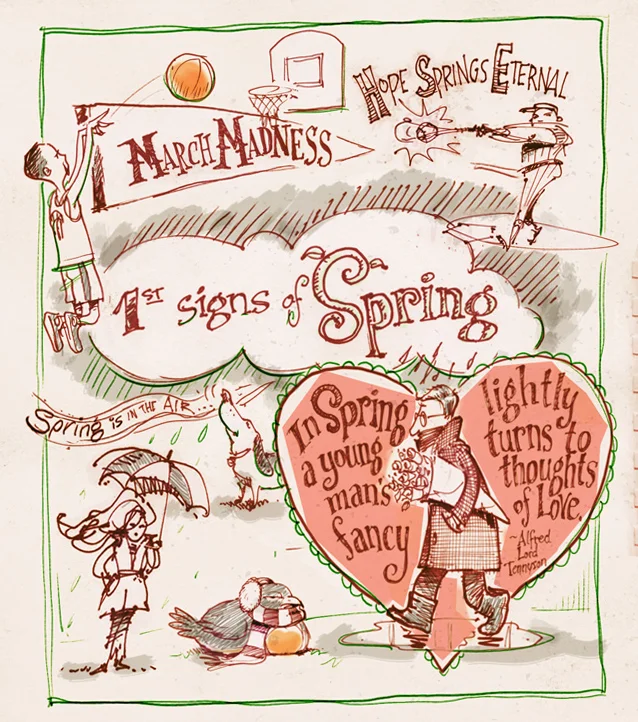Before cable's TV's specialization, science programming on television was a rarity, so when PBS originally aired the 13-hour series Cosmos: A Personal Voyage in 1980, it was an immediate hit and remains the most widely viewed PBS series ever worldwide. One of the primary reasons for Cosmos' popularity was its creator and host, Carl Sagan, who came across as a kindly, wise teacher gently leading viewers through the wonders of the universe.
I, like many others, first became acquainted with Carl Sagan during the initial run of Cosmos and attribute my layman's interest in science to his contagious sense of wonder. One of the first books I ever bought was his exploration of evolution and how it relates to religious mythology in The Dragons of Eden. And if there's one book that I believe should be (but alas never will be) mandatory reading for every high school freshman, it's The Demon Haunted World: Science as a Candle in the Darkness, his very readable primer on the scientific method and maintaining a healthy skepticism, or what Sagan calls 'baloney detection'.
In 2014, a new incarnation of Cosmos will find its home, surprisingly enough, on the Fox network. In another unlikely twist, the series' producer is Family Guy creator and Academy Awards host, Seth MacFarlane, who has long been interested in bringing the series back to TV. With Cosmos' originator and host no longer around to MC the proceedings, his duties are being assumed by esteemed astrophysicist and Director of the Hayden Planetarium, Neil deGrasse Tyson, who succeeds his hero and mentor Carl Sagan as the nation's most popular 'popularizer' of science. During his early academic career, Sagan tried to lure the young Mr. Tyson to study at Cornell University, where he taught, to no avail (Tyson instead chose Harvard for his undergraduate studies.). Nevertheless, they remained close friends and colleagues in the years to follow. With the involvement of Neil deGrasse Tyson and Ann Druyan (Dr. Sagan's widow and a highly respected author and producer in her own right), I'm hopeful that this new Cosmos will soar to the heavenly heights of the original.





